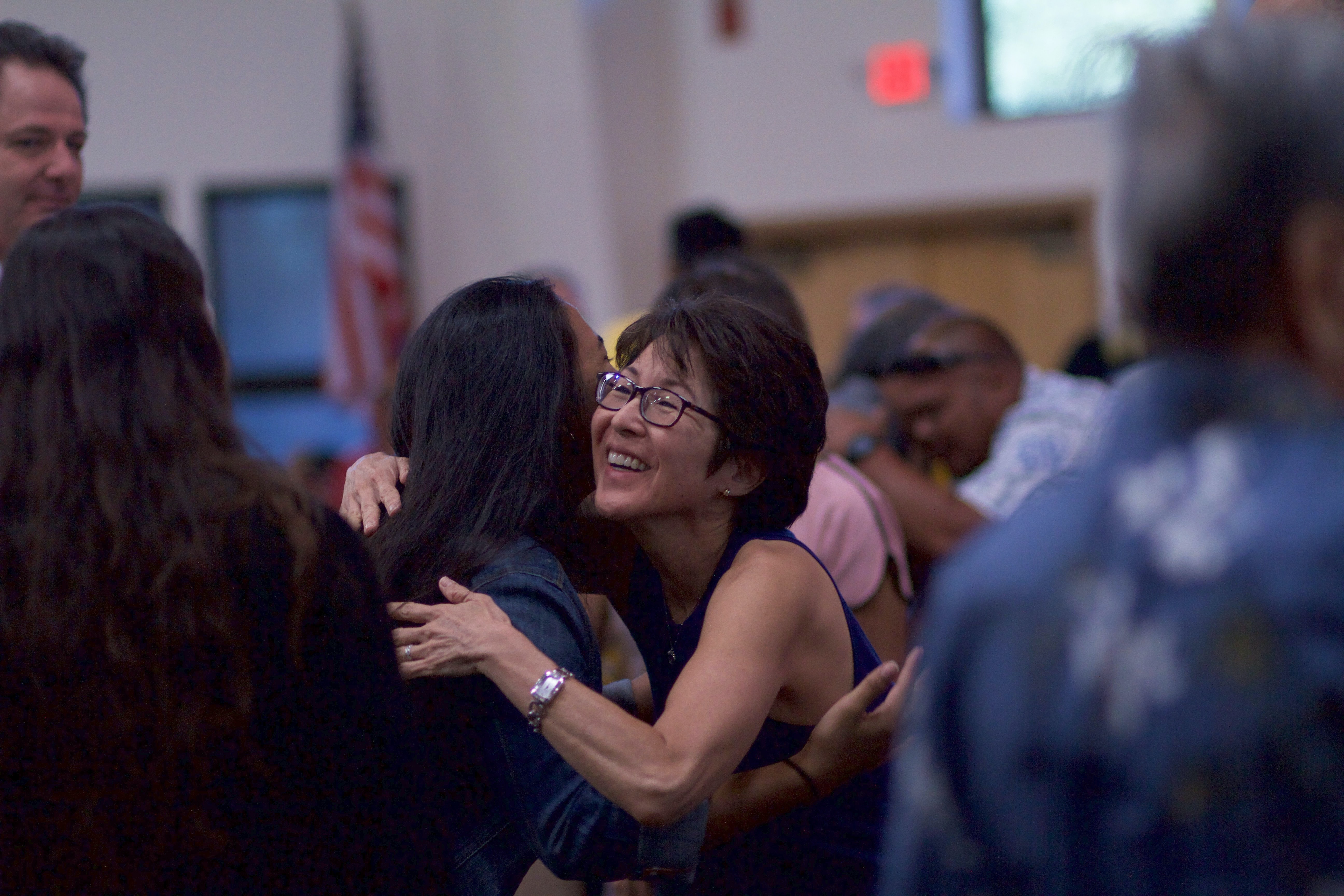I often wonder what my guardian angel must think of me. I am not always a quick learner. I tend to make the same mistakes in different guises and wonder why I get the same results. More often than not, I think my guardian angel must get up in the morning and think, “Here we go again.”
Today’s Gospel provides us an archetype for those of us who need repetition in learning. Literary archetypes are those images, figures, character types, settings, and story patterns which are universally found across cultures. In today’s Gospel, we can see Phillip as an archetype for those of us who don’t quite get it the first time.
Please, allow me to paraphrase the Gospel as I talk through my meditation on today’s Gospel. Picture Jesus and the apostles hanging out under an olive tree. There aren’t any other people around and perhaps the remnants of lunch are still on the ground. It is a quiet moment. Jesus continues his teaching, “I am the Way, the Truth, and the Life…if you know me, you know my Father. If you have seen me, you have seen my Father.” Then, I pipe up and say, oops, I mean Phillip pipes up and says, “But if you could just show us the Father, then we would get it.” I can just imagine Jesus resisting the urge to smack his palm to his head and say, “Let’s try this again.”
As Jesus’ response to Thomas’s doubts speaks to all of us who have ever questioned, so today, Jesus’ response to Phillip speaks to those of us who just don’t always catch on the first time.
God is God of relationships. We see Jesus because of his relationship to the Father. It is because of their outpouring of love for one another that Jesus became man so we could see God. When we see Jesus, we see the Father’s love, we see the Father. Not only does Jesus incarnate God, Jesus shows how we are to love. We are to personify love. How many times do we think, well, if this person would just show me this side of themselves, then I would see God in them. If they didn’t cut me off in traffic, then I would see God in them. If…if…if… I imagine Jesus shaking his head and saying, “My dear, let’s try this again.”
We are called to be in relationship. We are called to love. When we love openly, freely, completely, we won’t need to question, we will recognize the Father and the Son in each and every person we meet.
A menudo me pregunto qué pensará mi ángel de la guarda de mí. No siempre aprendo tan rápidamente. Tiendo a cometer los mismos errores de diferentes formas y me pregunto por qué obtengo los mismos resultados. La mayoría de las veces, creo que mi ángel de la guarda debe levantarse por la mañana y pensar: “¿De nuevo?”
El Evangelio de hoy nos proporciona un arquetipo para aquellos de nosotros que necesitamos repetición en el aprendizaje. Los arquetipos literarios son aquellas imágenes, figuras, personajes, escenarios y patrones de historias que se encuentran universalmente en todas las culturas. En el evangelio de hoy, podemos ver a Felipe como un arquetipo para aquellos de nosotros que no lo entendemos bien la primera vez.
Por favor, permítanme hacer resumen del Evangelio mientras les comparto mi meditación sobre el Evangelio de hoy. Imagínese a Jesús y a los apóstoles pasando el rato bajo un olivo. No hay otras personas alrededor y tal vez los restos del almuerzo todavía estén en el suelo. Es un momento tranquilo. Jesús continúa su enseñanza: “Yo soy el camino, la verdad y la vida. Nadie va al Padre si no es por mí. Si ustedes me conocen a mí, conocen también a mi Padre.” Entonces, levanto la voz y digo, oops, quiero decir, Felipe levanta la voz y dice: “Señor, muéstranos al Padre y eso nos basta.” Puedo imaginarme a Jesús resistiendo el impulso de golpearse la cabeza con la palma de la mano y decir: “Intentemos esto de nuevo”.
Así como la respuesta de Jesús a las dudas de Tomás nos habla a todos los que alguna vez hemos cuestionado, hoy, la respuesta de Jesús a Felipe nos habla a aquellos de nosotros que simplemente no siempre captamos la atención a la primera.
Dios es un Dios de relaciones interpersonales. Vemos a Jesús por su relación con el Padre. Es por su efusión de amor mutuo que Jesús se hizo hombre para que pudiéramos ver a Dios. Cuando vemos a Jesús, vemos el amor del Padre, vemos al Padre. Jesús no solo encarna a Dios, Jesús muestra cómo debemos amar. Debemos personificar el amor. ¿Cuántas veces pensamos, bueno, si esta persona me mostrara el lado bueno de sí misma, entonces vería a Dios en ella? Si no me cortaran el paso en el tráfico, entonces vería a Dios en ellos. Si… si… si… Me imagino a Jesús sacudiendo la cabeza y diciendo: “Mi querida, intentemos de nuevo”.
Estamos llamados a estar en relación. Estamos llamados a amar. Cuando amemos abiertamente, libremente, completamente, no tendremos que cuestionarnos, reconoceremos al Padre y al Hijo en todas y cada una de las personas con las que nos encontremos.
 Sheryl is happy to be the number 1 cheerleader and supporter for her husband, Tom who is a candidate for the Permanent Diaconate in the Diocese of Kalamazoo. They are so grateful for the opportunity to grow together in this process. Sheryl’s day job is serving her community as the principal for St. Therese Catholic School in Wayland, Michigan. Since every time she thinks she gets life all figured out, she realizes just how far she has to go, St. Rita of Cascia is her go-to Saint for intercession and help. Home includes Carlyn, a very, very goofy Golden Retriever and Lucy, our not-so-little rescue puppy.
Sheryl is happy to be the number 1 cheerleader and supporter for her husband, Tom who is a candidate for the Permanent Diaconate in the Diocese of Kalamazoo. They are so grateful for the opportunity to grow together in this process. Sheryl’s day job is serving her community as the principal for St. Therese Catholic School in Wayland, Michigan. Since every time she thinks she gets life all figured out, she realizes just how far she has to go, St. Rita of Cascia is her go-to Saint for intercession and help. Home includes Carlyn, a very, very goofy Golden Retriever and Lucy, our not-so-little rescue puppy.
Feature Image Credit: Julia Kadel, unsplash.com/photos/Tu0EfXCF1Pk












